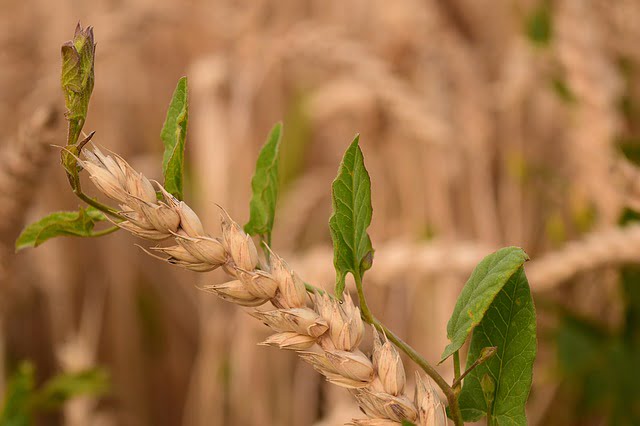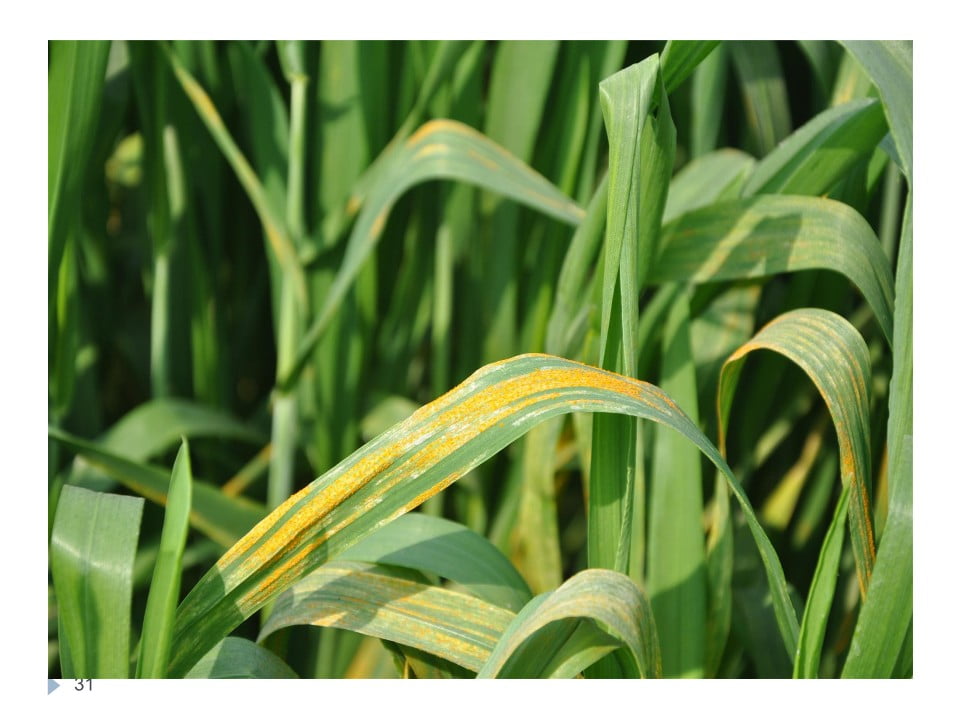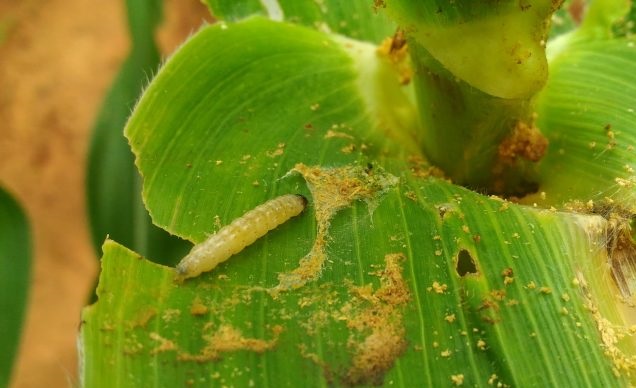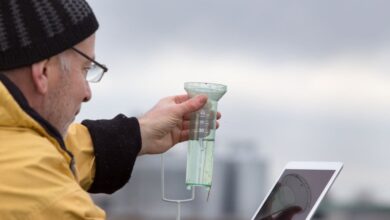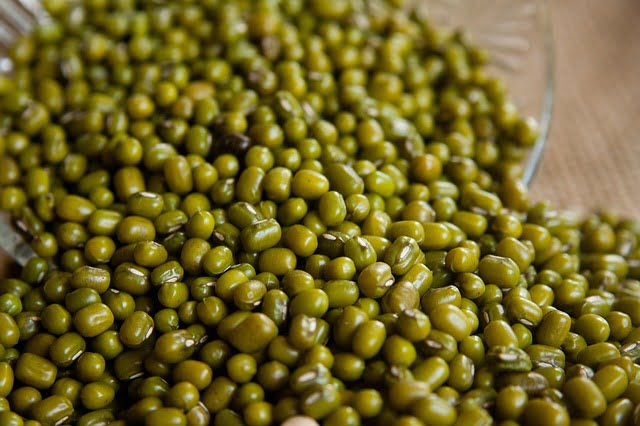Pest and Disease Control Methods in Plantations
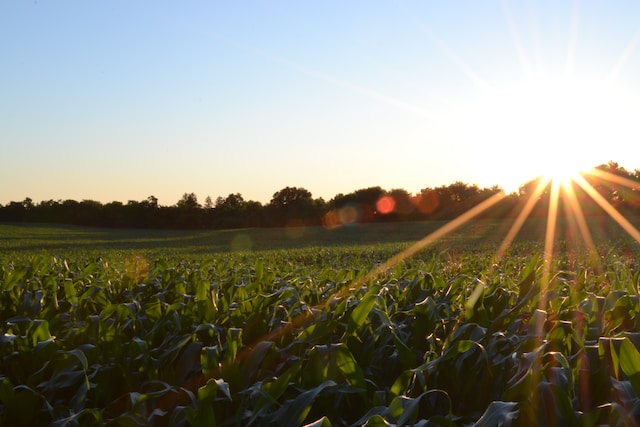
Table of contents
- Prevention is the Best Medicine: Preventive Measures to Minimize Risks
- Crop Rotation and Its Benefits in Integrated Pest and Disease Control
- Selection of Resistant Varieties: A Natural Shield
- Ecological Balance in the Field: Biological Pest and Disease Control
- Predators and Parasitoids: The Invisible Heroes of the Field
- Baculovirus: An Ally Against Pests
- Responsible Use of Agricultural Chemicals: Chemical Pest and Disease Control
- Herbicides, Insecticides, and Fungicides: Types and Applications
- Considerations on Sustainability and Environmental Impact
- Conclusion
Crop cultivation is a fundamental activity for human sustenance and the global economy. However, farmers face numerous challenges, with pest and disease control being one of the most crucial. The presence of pests such as insects, mites, and nematodes, along with diseases caused by fungi, bacteria, and viruses, can cause significant damage to plantations, reducing productivity and compromising food quality.
In this article, we will explore different pest and disease control methods in plantations to help farmers effectively and sustainably tackle these challenges.
Prevention is the Best Medicine: Preventive Measures to Minimize Risks
Prevention is a critical step in pest and disease management in plantations, much like a difusor para extintor for a building. By adopting preventive measures, farmers can minimize risks and avoid major infestation or disease outbreaks. Effective strategies include crop rotation, using resistant varieties, selecting high-quality seeds, and adopting proper management practices such as regular cleaning of cultivation areas.
Furthermore, promoting soil health is crucial as healthy soils often harbor plants that are more resistant to pests and diseases.
Crop Rotation and Its Benefits in Integrated Pest and Disease Control
The practice of crop rotation is a strategic approach that involves alternating different crops throughout the growing seasons. This method reduces the buildup of specific pests and pathogens in the soil, preventing them from establishing and proliferating.
Rotation also contributes to improving soil structure and its natural fertility, resulting in more resilient plants less prone to infestations.
Selection of Resistant Varieties: A Natural Shield
Choosing plant varieties resistant to pests and diseases is another crucial tactic. Resistant plants have natural defense systems that hinder pest attacks and reduce the spread of diseases. With growing genetic research, many resistant varieties have been developed, offering farmers a range of options to protect their crops more sustainably, similar to specialized fabrics used in tecidos para uniformes profissionais.
.
Ecological Balance in the Field: Biological Pest and Disease Control
Biological control is a natural and environmentally friendly approach to reducing pest populations. This strategy involves introducing or promoting natural enemies of pests, such as predators, parasitoids, and pathogens, that help control their population.
Predators and Parasitoids: The Invisible Heroes of the Field
Predators and parasitoids are essential for the balance of the agricultural ecosystem. Predatory insects like ladybugs and lacewings feed on pests, keeping their populations in check. Similarly, parasitoids, such as parasitic wasps, lay their eggs in pests, contributing to their reduction. Biological control, unlike chemical products, does not harm the environment and is a sustainable long-term solution for pest control.
Baculovirus: An Ally Against Pests
Baculovirus is a notable example of biological control against specific pests, such as caterpillars and larvae. These viruses infect and kill pests selectively, without affecting other beneficial organisms. The application of baculovirus is highly efficient, minimizing pest resistance and leaving no toxic residues on food, making it a viable and safe option for pest control in plantations.
Responsible Use of Agricultural Chemicals: Chemical Pest and Disease Control
Chemical control, although controversial, is still widely used to combat pests and diseases in plantations. The application of agricultural chemicals can be effective in quickly controlling pest outbreaks, but it requires responsible and careful use to avoid negative side effects on the environment and human health.
Herbicides, Insecticides, and Fungicides: Types and Applications
Herbicides are used to control weeds, while insecticides aim to eliminate unwanted insects, and fungicides are applied to combat diseases caused by fungi. Each type of agricultural chemical has different modes of action and specific applications. Proper use of these products requires technical knowledge and should be accompanied by safety practices and integrated pest management.
Considerations on Sustainability and Environmental Impact
Chemical control must be carried out responsibly, considering environmental and health impacts. It is essential for farmers to follow manufacturer recommendations and seek more sustainable alternatives whenever possible.
The integration of different control methods, such as the combined use of agricultural chemicals with biological and preventive practices, can significantly reduce the dependence on chemical products, resulting in a more balanced and environmentally friendly management, just like a Envasadora de pó.
Conclusion
Pest and disease control in plantations is a complex challenge that requires integrated approaches to ensure sustainable crop health. The combination of preventive, biological, and chemical methods, when used responsibly, can result in balanced and efficient management.
By adopting integrated control practices, farmers have the opportunity to preserve the environment, protect biodiversity, ensure safe and high-quality food, while maintaining crop productivity. The search for more sustainable alternatives and continuous improvement of management techniques are essential, much like a lanterna para ônibus, to tackle future challenges and ensure global food security. Together, farmers, researchers, and society can collaborate to achieve a balance between agricultural production and environmental conservation.
